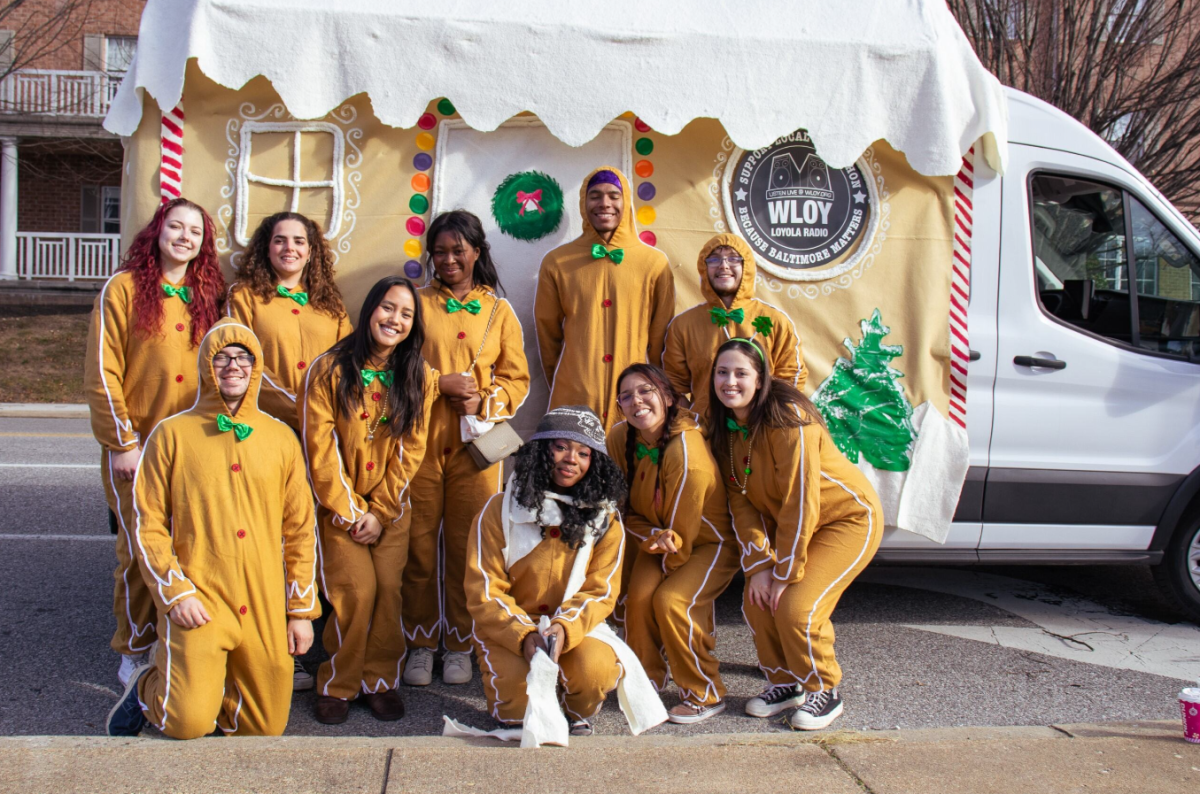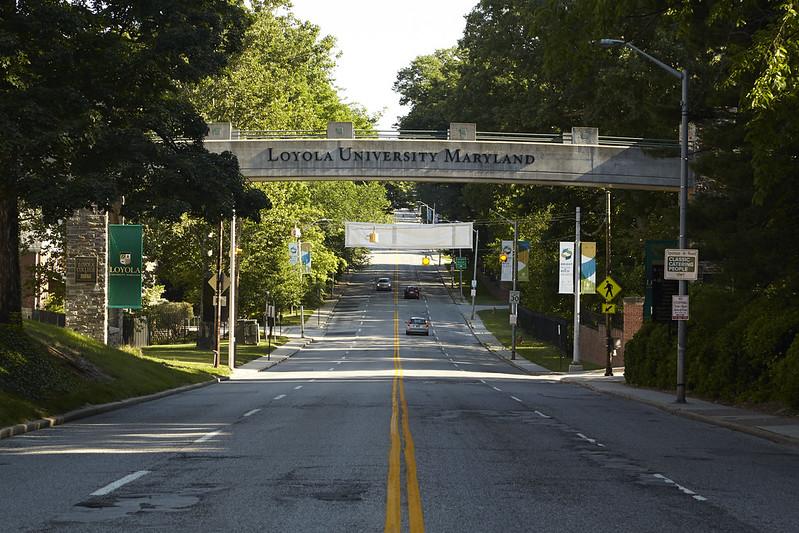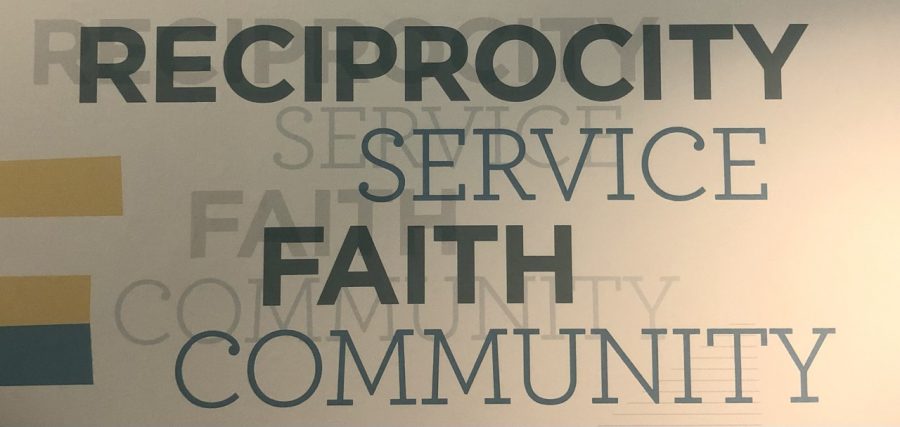On Wednesday, March 26, Carlene Bauer, who attended Loyola University Maryland for her undergraduate education returned to give a reading from her recently published book, “Frances and Bernard”. The event was Messina-sponsored and open to the entire Loyola community. The talk was followed by a question and answer session.
The event began with an introduction by Dean Ilona M. McGuiness, Ph.D. detailing Bauer’s time at the university. Bauer was a student of McGuiness and apparently had a positive impact since the Dean’s comments were complimentary. She noted that Bauer was a writing and English double major and also that as a junior she won the “Seventeen Magazine Short Story Award”. McGuiness then paid heed to the fact that the award was the same one that got Sylvia Platt started on her writing career, which she said was “not too tacky for company” [for Bauer]. McGuiness continued by discussing Bauer’s attendance of Johns Hopkins University for her masters degree and her work in New York City as an editor, a fact-checker and a writer. She has worked for Elle and has had some work published in the New York Times—which the Dean again called “not too tacky”. She further discussed Bauer’s involvement in service on campus and how she found her way with Catholicism. She called it: “Quite simply amazing and also amazing in the sense that the Jesuit tradition took hold in her.” She also said Bauer has exemplified the way Loyola teaches the belief in service.
The novel, “Frances and Bernard” (Bauer’s second published book, she is working on her third now), is based loosely on the real life of Flannery O’Connor and Robert Lowell. Bauer, while discussing the text and giving a short background on Flannery O’Connor’s life and personality, gave off a bit of her own stating that she made Lowell and O’Connor fall in love in the book, because truly, she’s a “thirteen –year- old girl”. She focused her discussion on Flannery O’Connor’s complex personality and her faith. Bauer stated, in regard to O’Connor’s writing style: “She wrote like this in order to wake us up” and remarked that, even as a young person and writer, O’Connor was very brave. She also described Flannery O’Connor as having both a mind and a mouth that were not very feminine—part of the reason, she stated “why this woman standing in front of you, likes her very much”.
After a further discussion of her work, Bauer turned to a short speech about her Loyola experience. She touched on the idea of the mind and heart traveling together as one as the Jesuit education teaches us and “cura personalis” care of the entire person. Bauer stated that she “never stopped being grateful for this school”. She furthered her comment by delving into her time in New York City where she met colleagues who graduated from Yale, Brown, Harvard, Wesleyan and the like who did not feel the same gratitude for their schools.
Bauer appreciated Loyola’s understanding of the education of the whole person, as the Jesuits advocate, and that the university aims to educate students not to just get good grades, but to be good people. She also loves the belief that Loyola holds that the mind should not expand at the cost of the heart.
She advised the audience to use their time as undergraduates to their advantage and ended her talk with an encouraging “it’s going to be great, I promise”.
For a review on her latest novel Frances and Bernard visit the New York Times: http://www.nytimes.com/2013/03/24/books/review/frances-and-bernard-by-carlene-bauer.html?_r=0














































































































